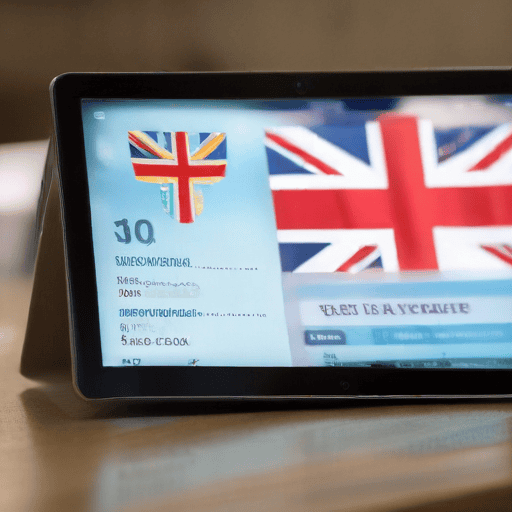The Ministry of Justice has unveiled a mobile birth registration application, yet it appears that the initiative has not gained significant traction, with only about two applications received each month through this online platform. Collin Yabaki, the Director of Corporate Services, shared these insights during discussions with the Standing Committee on Justice, Law, and Human Rights while reviewing the ministry’s annual reports from 2019 to 2022.
Yabaki noted that this innovative approach to birth registration has notably simplified the process for parents residing in urban and semi-urban areas. However, he acknowledged that individuals in rural and maritime regions continue to encounter considerable barriers in accessing digital services, primarily due to challenges such as poor internet connectivity and geographical isolation.
To ensure inclusivity, the ministry is deploying awareness teams to focus on these neglected areas, striving to guarantee that no child remains unregistered. Yabaki highlighted that the low adoption rate is attributable, in part, to a lack of awareness and familiarity with the mobile application among citizens, particularly those living in remote areas and some overseas.
He emphasized that using the application is free of charge, and the first birth certificate issued with each registration comes at no cost, aiming to encourage parents to take advantage of this efficient service to prevent registration delays. Furthermore, the ministry plans to visit remote communities to provide hands-on demonstrations on how to utilize the application.
While the current uptake of the mobile registration app may be low, these proactive steps reflect a proactive determination to enhance access and awareness, particularly among underserved populations. Such efforts exemplify a commitment to inclusivity and could pave the way for improved birth registration rates in the future.
This situation presents an opportunity for the Ministry of Justice to engage with communities, build trust, and increase digital literacy, which can ultimately lead to more effective public services in the long run. By prioritizing these engagements, they can foster a more widespread acceptance of the digital registration process, ensuring that all children receive their legal recognition at birth.

Leave a comment